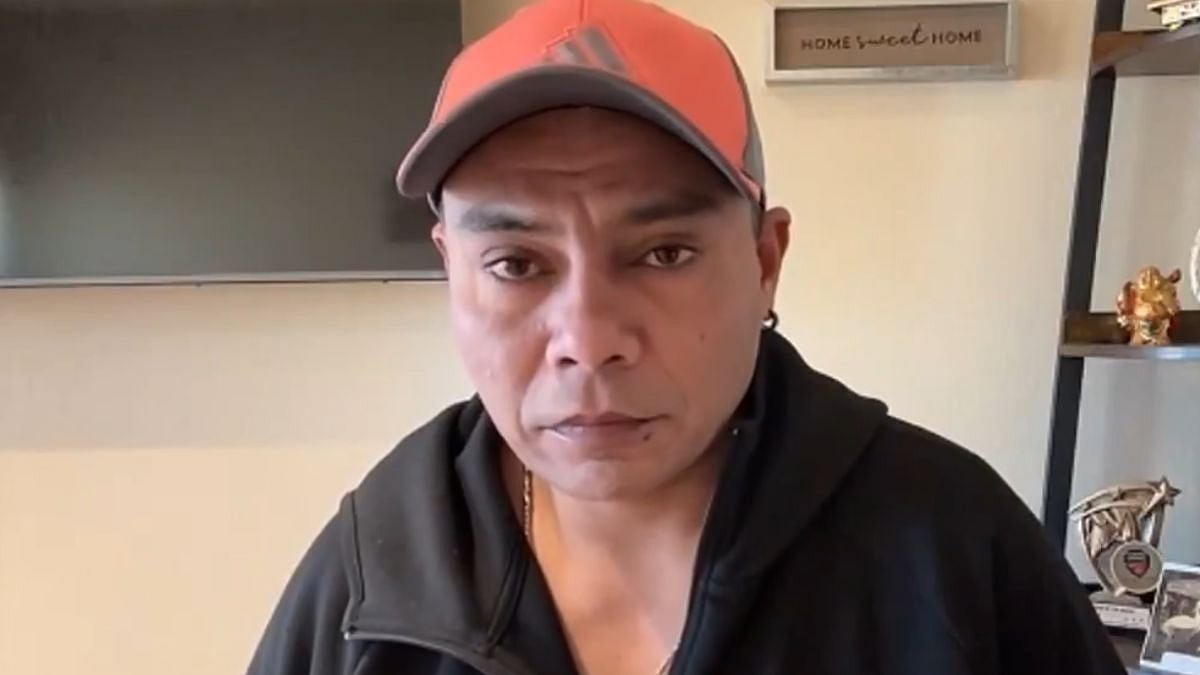The former Delhi University professor was sentenced to life imprisonment in 2017 for allegedly having links to the banned Communist Party of India (Maoists). UN special rapporteur Mary Lawlor said his detention needs to end.
Wheelchair-bound Saibaba, who is 90% disabled, was convicted by a trial court in 2017 for allegedly having links to the banned Communist Party of India (Maoists) and a frontal organisation, the Revolutionary Democratic Front. He was sentenced to life imprisonment.
In October, the Bombay High Court had acquitted Saibaba, holding that a sessions court in Gadchiroli charged Saibaba under provisions of the Unlawful Activities (Prevention) Act without sanctions from the Centre. However, the order was suspended by the Supreme Court on petition filed by the Maharashtra government challenging the order.
“GN Saibaba is a long-standing defender of the rights of minorities in India, including the Dalit and Adivasi people,” Lawlor said. “His continued detention is shameful. It bears all the hallmarks of a state seeking to silence a critical voice.”
Wheelchair-bound Saibaba, who is 90% disabled, was convicted by a trial court in 2017 for allegedly having links to the banned Communist Party of India (Maoists) and a frontal organisation, the Revolutionary Democratic Front. He was sentenced to life imprisonment.
In October, the Bombat High Court had acquitted Saibaba, holding that a sessions court in Gadchiroli charged Saibaba under provisions of the Unlawful Activities (Prevention) Act without sanctions from the Centre. However, the order was suspended by the Supreme Court on petition filed by the Maharashtra government challenging the order.
“GN Saibaba is a long-standing defender of the rights of minorities in India, including the Dalit and Adivasi people,” Lawlor said. “His continued detention is shameful. It bears all the hallmarks of a state seeking to silence a critical voice.”









